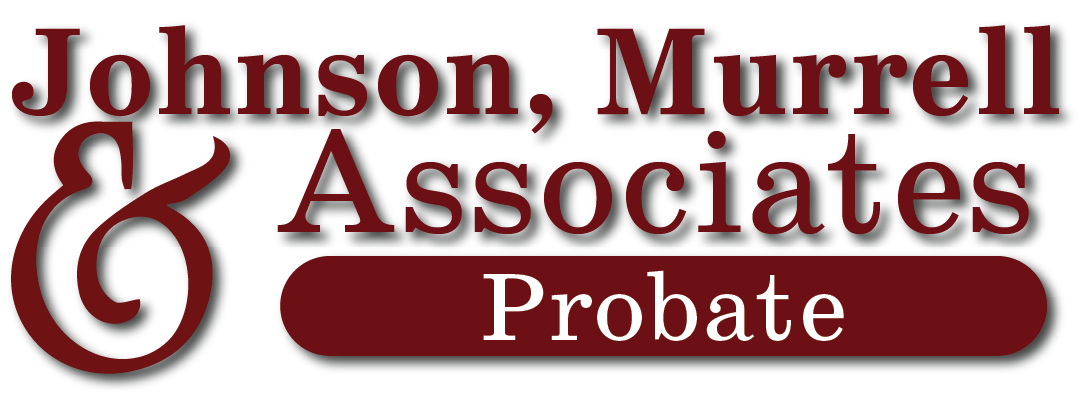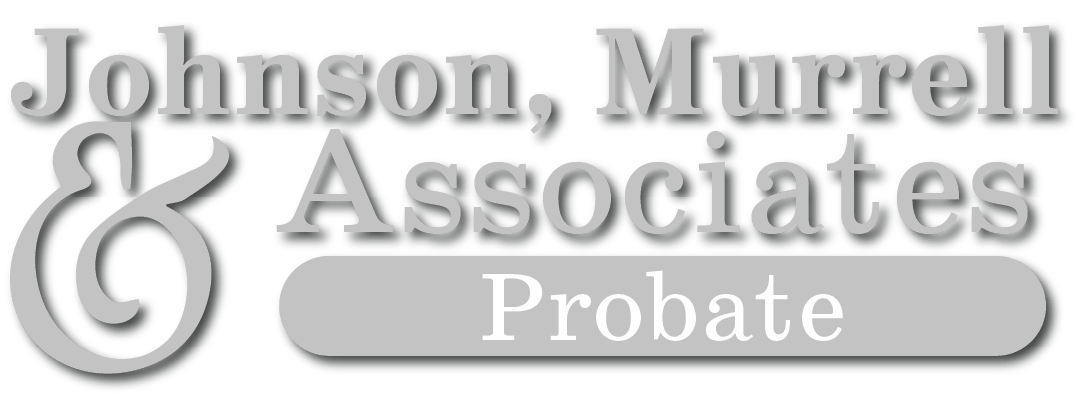If you’ve recently inherited a property and you’re looking to sell it, you’ll need to know its fair market value. It can be difficult to find the fair market value of an inherited property on your own, but it’s important for equitable distribution among heirs. This ensures a smooth transfer of assets and property ownership.
Fair market value is the estimated price a property would achieve on the open market. This value can be assessed through several methods, such as consulting realtors and appraisers. Selling the property can help relieve financial burdens and settle estate debts, but it must first undergo probate. Johnson, Murrell & Associates provide expert guidance through the probate process, ensuring compliant property transfers.
What Is Fair Market Value?
Fair market value (FMV) is the theoretical price a willing buyer would pay to a willing seller in an open market. In other words, it’s how much a property is worth. This value reflects what the property would likely sell for under normal conditions without undue pressure on either party to buy or sell.
Determining the FMV is necessary for several reasons. First, it ensures equitable distribution among heirs. If the property is sold at its FMV, all heirs receive their fair share of the estate’s value. This prevents disputes and feelings of unfairness.
Another reason you should determine the property’s FMV is that selling it for less than its estimated value can lead to disputes among heirs. For instance, if the oldest brother is an executor and sells the property quickly just to get rid of it, the other siblings who stand to inherit may feel cheated.
Knowing the FMV also has significant legal implications. Selling a property below its FMV can draw scrutiny from the IRS for gift or estate taxes. The executor of the estate must ensure the property is sold at or near its FMV to avoid these issues.
How To Find the Fair Market Value of Inherited Property
There are multiple ways to find the fair market value of inherited property in Tennessee. Start by talking to a realtor. They possess extensive local market knowledge and can provide a comparative market analysis (CMA). A CMA evaluates recently sold similar properties in the area, offering a reliable estimate of your property’s worth.
You can also get a professional appraisal. An appraiser will conduct a detailed inspection of the property, considering factors such as:
- Location
- Condition
- Market trends
This process results in an unbiased, professional valuation.
Selling on the open market shortly after death is another approach. This is feasible if the property is well-maintained and market conditions are favorable. However, selling quickly can attract IRS attention, especially if the sale appears to undervalue the property for tax purposes. Proper documentation and justification for the sale price are necessary to avoid potential tax implications.
Involving a realtor is highly recommended for both of these options. Realtors can ensure an accurate valuation by combining their market knowledge with professional appraisals. They also help mitigate risks and ensure compliance with legal and tax regulations. This provides peace of mind throughout the selling process in Tennessee.
Why You May Want to Sell Your Inherited Property
In some cases, selling the property is the best option. This can be necessary for several practical and financial reasons.
Common reasons include:
- Financial burden
- Dividing proceeds among heirs
- No desire to live or work in the area
- Paying off estate debts
Financial Burden
Property can come with financial burdens associated with maintaining the property. Inherited homes come with ongoing expenses such as:
- Property taxes
- Maintenance
- Utilities
These costs can quickly add up, making it financially impractical to keep the property. This is especially true if you’re not in a position to absorb these additional expenses.
Dividing Proceeds Among Heirs
In families with multiple children, dividing proceeds among heirs is often the fairest and simplest way to ensure that everyone receives an equitable share of the inheritance. This approach avoids potential conflicts and complexities that can arise from co-owning a property.
No Desire to Live or Work in the Area
Not wanting to live or work on the inherited property can impact the practicality of keeping it. This is frequently the case probating out-of-state vacation homes or family farms that heirs may not have the time, interest, or ability to manage. Selling allows them to convert the property into cash, which can be more easily divided and used according to their individual needs.
Paying Off Estate Debts
Selling the property might be necessary to pay off the estate’s debts. Legal obligations require settling any outstanding debts of the deceased before distributing the remaining assets. Selling the property can provide the necessary funds to fulfill these obligations, ensuring the estate is properly settled.
The Role of Probate in Selling Inherited Property
Probate is a legal process required to transfer ownership of a deceased person’s property to their heirs. It ensures that the deceased’s debts are paid and their assets are distributed according to their will or state law. Probate in Tennessee is necessary because, without it, the property title remains in the decedent’s name, preventing legal sale.
The probate process in Tennessee involves several steps:
- Filing a petition with the probate court to open the estate.
- Notifying heirs and creditors about the probate proceedings.
- Inventorying the deceased’s assets.
- Paying outstanding debts and taxes.
- Distributing the remaining assets as specified in the will or by state law.
Completing probate before selling inherited property is crucial because it legally transfers the title to the heirs. This allows you to find the fair market value of inherited property and sell it. Selling without completing probate can lead to legal issues and disputes among heirs and creditors. By finishing probate, you ensure a lawful and smooth property sale in Tennessee.
For Probate Help, Call Johnson, Murrell & Associates
Johnson, Murrell & Associates provide comprehensive assistance with probate law in Tennessee. Our experienced attorneys guide you through the entire probate process, from filing the initial petition to distributing assets. They help ensure all legal requirements are met, debts and taxes are settled, and your loved one’s wishes are honored.
Our expertise helps move the probate process forward so the property can be transferred to your name. This allows you to find the fair market value of inherited property more quickly. By managing the complexities of probate, Johnson, Murrell & Associates offer you peace of mind and ensure a smooth, efficient sale of your inherited property.

Fair market value represents the market price of a property. You can find the fair market value in multiple ways, including through realtors and appraisers. Selling the property can ease financial burdens and settle estate debts, but it needs to pass through probate first. Johnson, Murrell & Associates provide expert probate guidance, ensuring compliant property transfers to alleviate your concerns.
At Johnson, Murrell, & Associates, we understand that handling a loved one’s estate and bills after their passing is an emotional, stressful experience. Our job is to make your life easier, which means guiding you through the process so you understand what’s to come. To schedule a consultation, call us at 865-453-1091 or schedule an appointment.



